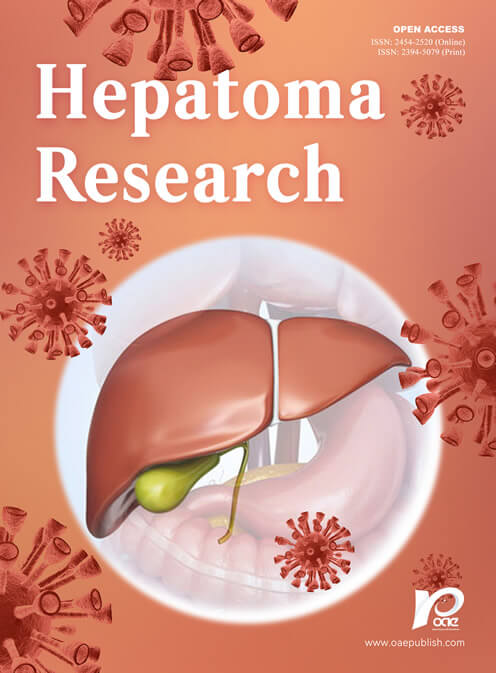fig1

Figure 1. Epigenetic events in the expression of the mitochondrial genome and the nuclear-encoded mitochondrial genes. (A) Normal cell. There is an epigenetic flow of information between nucleus and mitochondria. The epigenetic events requires the production of both cytosolic and mitochondrial intermediates such as Ac-CoA, FADH2, NAD+/NADH and SAM generated by the TCA and methionine cycles, supporting the importance of the mitochondrial function. Methylation and hydroxymethylation reactions mediated by DNMTs and TET proteins can occur in both, mitochondria and nucleus, regulating the expression of the mitochondrial genome and the nuclear-encoded mitochondrial genes. In hepatic cells, miRNAS 122 and 33 a/b are also important to modulate the mitochondrial gene expression, modifying the metabolic state. The methylation in the PGC-1α and NRF-1 promoters regulates their expression; then, have an important effect on the mitochondrial dynamic; (B) Tumoral cell. There are dysfunctional mitochondria then, the production of mitochondrial intermediates are reduced and also an altered methionine cycle. In HCC, there are epigenetic changes, for example, global DNA hypomethylation occurs, and hypermethylation in some important genes of the mitochondrial genome. These changes promote the transcription of mitochondrial dynamic-related genes and the disruption of genes related to OXPHOS. Moreover, it has been shown that miR-122 is down-regulated in HCC, which has been considered as a tumor suppressor and a potential diagnostic marker tool. In HUH7 cell line, MiR-33a/b, a lipid metabolism regulator is overexpressed; however, its role in HCC needs to be elucidated







